40 the belief in astrology
Barnum effect - Wikipedia The Barnum effect, also called the Forer effect or, less commonly, the Barnum–Forer effect, is a common psychological phenomenon whereby individuals give high accuracy ratings to descriptions of their personality that supposedly are tailored specifically to them, yet which are in fact vague and general enough to apply to a wide range of people. ... Belief in astrology: a symptom of maladjustment? - ScienceDirect If belief in astrology is regularly symptomatic of maladjustment, then the positive correlation between belief and neuroticism (Plug, 1975) should extend into the higher range of belief and commitment shown by astrologers themselves. On the other hand, if there are two patterns of belief, astrologers might be similar not to neurotics but to ...
Judiciary - Wikipedia Definition. The judiciary is the system of courts that interprets, defends, and applies the law in the name of the state.The judiciary can also be thought of as the mechanism for the resolution of disputes. Under the doctrine of the separation of powers, the judiciary generally does not make statutory law (which is the responsibility of the legislature) or enforce law (which is the ...

The belief in astrology
Who Believes in Astrology? The Odd Role of Narcissism Belief in astrology was positively correlated with believing that it is scientific, higher openness to experience, agreeableness, and narcissism, and lower intelligence. To test which of these... Manichaeism - Wikipedia Manichaeism (/ ˌ m æ n ɪ ˈ k iː ɪ z əm /; in New Persian آیینِ مانی Āyīn-e Mānī; Chinese: 摩尼教; pinyin: Mó ní jiào) is a former major religion founded in the 3rd century AD by the Parthian prophet Mani (AD 216–274), in the Sasanian Empire.. Manichaeism teaches an elaborate dualistic cosmology describing the struggle between a good, spiritual world of light, and an ... New study shows that people who believe in astrology tend to be more ... According to a 2018 Pew Research poll, about 29% of American adults now believe in astrology. Likewise, the poll found that women are more likely to believe in astrology (37%) than men are (20%). Among Christians, the poll found, Catholics are somewhat more likely to believe in astrology (33%) than Protestants are (24%).
The belief in astrology. The Final Word on Astrology and Personality | Psychology Today Despite this, there have been a number of studies that have claimed that a person's belief in astrology might influence how they describe their own personality, through a self-stereotyping ... The Surprising Link Between Narcissism and Belief in Astrology The Belief in Astrology Inventory (BAI): Eight items selected from a list of 24; the items tap into beliefs concerning the importance of astrology and the influence of heavenly bodies on mood ... Vampire - Wikipedia A vampire is a creature from folklore that subsists by feeding on the vital essence (generally in the form of blood) of the living.In European folklore, vampires are undead creatures that often visited loved ones and caused mischief or deaths in the neighbourhoods they inhabited while they were alive. They wore shrouds and were often described as bloated and of ruddy or dark … What Is The Belief Of Astrology? - About Mysticism Astrology is the belief that the alignment of the stars and planets can affect a person's mood, personality, and life events.
'New Age' beliefs common among religious, nonreligious Americans | Pew ... Specifically, four-in-ten believe in psychics and that spiritual energy can be found in physical objects, while somewhat smaller shares express belief in reincarnation (33%) and astrology (29%). But New Age beliefs are not necessarily replacing belief in traditional forms of religious beliefs or practices. Belief in Astrology - Pseudoscience in Astronomy First, that astrology is most attractive to people with some knowledge of science but not significant amounts. Second, that astrology is something people believe in if they have a religious orientation but are not strongly invested in that religion and third, that a belief in astrology is associated with an authoritarian personality. Even the stars think that I am superior: Personality, intelligence and ... Though embracing astrology might seem innocent, it is nonetheless possible that it facilitates uncritical thinking and favours biases. Further, belief in astrology correlates with belief in multiple other pseudosciences as well as with belief in conspiracy theories ( Bensley et al., 2020) which indicates that it might not be all that harmless. PDF Belief in Astrology: a social-psychological analysis - Culture and Cosmos 58 Belief in Astrology: a social-psychological analysis Culture and Cosmos who responded positively were then asked (a) how often they read a horoscope or personal astrology report [frequency] and (b) how seriously they took what these reports said [seriousness]. 73% of respondents claimed to read a horoscope or personal astrology report. 21% ...
Belief in astrology inventory: development and validation In the present paper, the Belief in Astrology Inventory is presented with some psychometric data. The participants were 743 undergraduates studying Psychology and Social Sciences at a university in Spain. Correlation of scores on Belief in Astrology and Extraversion was small but significant (r = .22; r2 = .04) for positive sun-sign participants. Science - Wikipedia Science is a systematic enterprise that builds and organizes knowledge in the form of testable explanations and predictions about the universe.. Science may be as old as the human species, and some of the earliest archeological evidence for scientific reasoning is tens of thousands of years old. The earliest written records in the history of science come from Ancient Egypt and … Johannes Kepler - Wikipedia Johannes Kepler (/ ˈ k ɛ p l ər /; German: [joˈhanəs ˈkɛplɐ, -nɛs -] (); 27 December 1571 – 15 November 1630) was a German astronomer, mathematician, astrologer, natural philosopher and writer on music. He is a key figure in the 17th-century Scientific Revolution, best known for his laws of planetary motion, and his books Astronomia nova, Harmonice Mundi, and Epitome … Why Do People Still Believe In Astrology? | The Swaddle Human beings constantly seek narratives to help weave their past, present, and future together through their goals and expectations — and that's where astrology comes in. " [Astrology] provides [people] a very clear frame for that explanation," Monisha Pasupathi, a developmental psychologist at the University of Utah, told The Atlantic.
Is Astrology a Religion? Origins and Beliefs | LoveToKnow Provides beliefs about the role of divine will, predestination, or fate within the human experience Weaves belief systems through human history in order to impart meaning to events Involves rituals and practices Conceptualizes life after death Defines evil and sets human moral codes to combat evil Astrology Is Not a Religion
Pseudoscience - Wikipedia Etymology. The word pseudoscience is derived from the Greek root pseudo meaning false and the English word science, from the Latin word scientia, meaning "knowledge".Although the term has been in use since at least the late 18th century (e.g., in 1796 by James Pettit Andrews in reference to alchemy), the concept of pseudoscience as distinct from real or proper science …
The Psychology Behind Why We Care about Astrology - Verywell Mind It is believed that this is because astrology represents an immediate tool that can be turned to for comfort. Astrology Helps You Get Through Tough Times This is true on the macro level as well. History shows 4 that people are more interested in astrology during tumultuous times.
How many people actually believe in astrology? - The Conversation How many people believe in astrology? It could be 22%. It may be 73%. The difference between the two figures is what I call the "belief gap", the zone of doubt and uncertainty between deep and...
Astrology Online Horoscopes and Astrology Since 1996 Welcome to the wonderfull world of astrology! My name is Michael Thiessen, and I have been writing horoscopes since the 1980s, and publishing them online since 1996. I first became interested in astrology as a little boy, inspired by my parents belief, and the wonder of it all.
The Surprising Link Between Narcissism and Belief in Astrology The Belief in Astrology Inventory (BAI): Eight items selected from a list of 24; the items tap into beliefs concerning the importance of astrology and the influence of heavenly bodies on mood ...
History of Astrology: A Timeline | Astrostyle: Astrology and Daily ... Belief in astrology began to decline as the church gained power, and it was seen as heresy and superstition during the Inquisition. Galileo himself was found guilty of heresy and had to renounce his astrological beliefs to save his life! 17th-18th Century: "The Age of Reason"
Belief Definition & Meaning | Dictionary.com Sep 11, 2011 · Belief definition, something believed; an opinion or conviction: a belief that the earth is flat. See more.
Core Beliefs of Astrology, Astrological Beliefs - ILoveIndia The core beliefs of astrology have been in existence since the ancient times. These beliefs are optimally embodied in the Hermetic maxim "as above, so below". Most of the traditions of astrology prevalent in the world are based on the core principle/belief that the events that take place on earth are nothing but mirror images of the events that ...
The Psychology of Why People Believe in Astrology - Learn Religions Astrology offers a number of things which many people find very desirable: information and assurance about the future, a way to be absolved of their current situation and future decisions, and a way to feel connected to the entire cosmos. Astrology shares this with many other beliefs which tend to be categorized as "New Age."
NIMHANS review finds association of belief in astrology with … Sep 10, 2022 · While belief in astrology is common and socially legitimised in many cultures, a few instances of excessive engagement with astrological services or “fortune-telling addiction” are indicating ...
Believe in astrology? You might score high in narcissistic traits A recent study found correlations between certain personality traits and the belief in astrology. Of all personality traits tested, narcissism correlated most strongly with the belief in astrology ...
New study shows that people who believe in astrology tend to be more ... According to a 2018 Pew Research poll, about 29% of American adults now believe in astrology. Likewise, the poll found that women are more likely to believe in astrology (37%) than men are (20%). Among Christians, the poll found, Catholics are somewhat more likely to believe in astrology (33%) than Protestants are (24%).
Manichaeism - Wikipedia Manichaeism (/ ˌ m æ n ɪ ˈ k iː ɪ z əm /; in New Persian آیینِ مانی Āyīn-e Mānī; Chinese: 摩尼教; pinyin: Mó ní jiào) is a former major religion founded in the 3rd century AD by the Parthian prophet Mani (AD 216–274), in the Sasanian Empire.. Manichaeism teaches an elaborate dualistic cosmology describing the struggle between a good, spiritual world of light, and an ...
Who Believes in Astrology? The Odd Role of Narcissism Belief in astrology was positively correlated with believing that it is scientific, higher openness to experience, agreeableness, and narcissism, and lower intelligence. To test which of these...
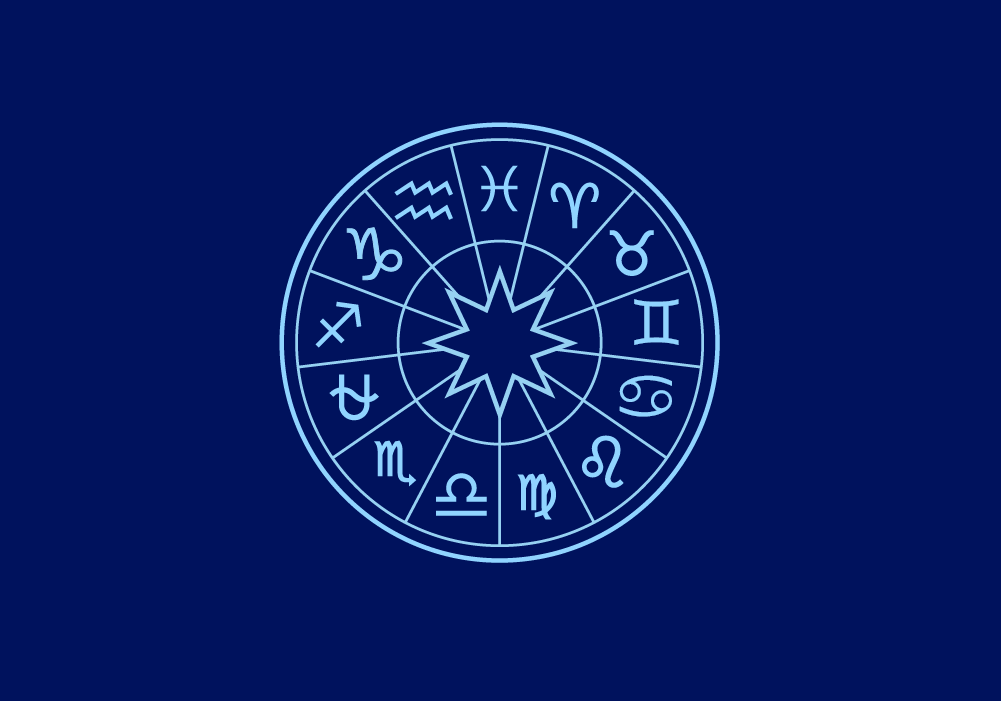


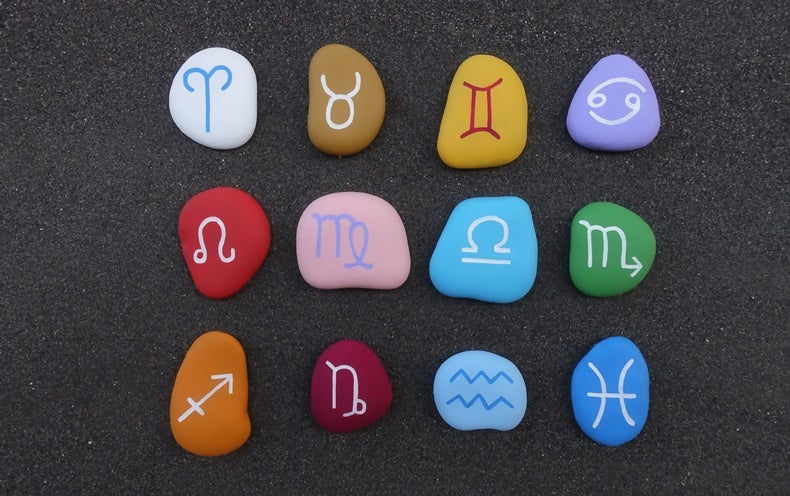


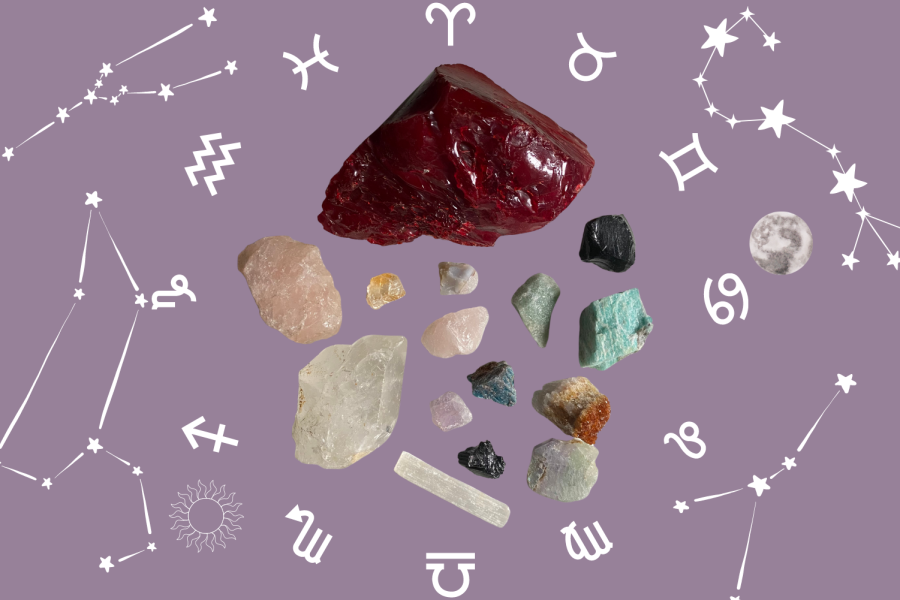
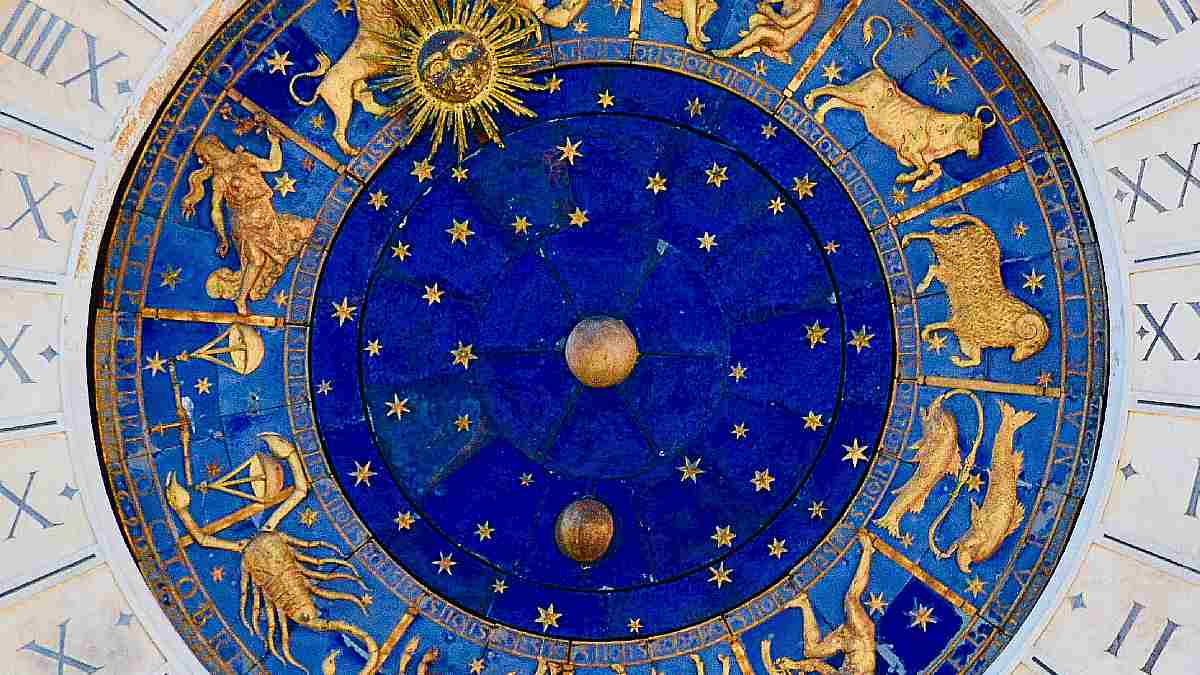
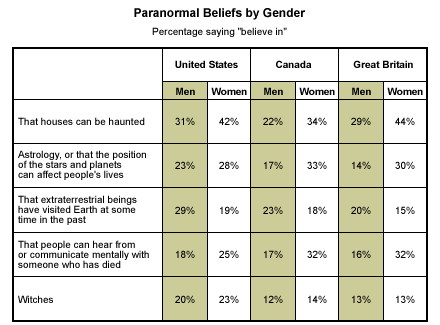
/GettyImages-539641141-58bc82b55f9b58af5c9beeb8.jpg)
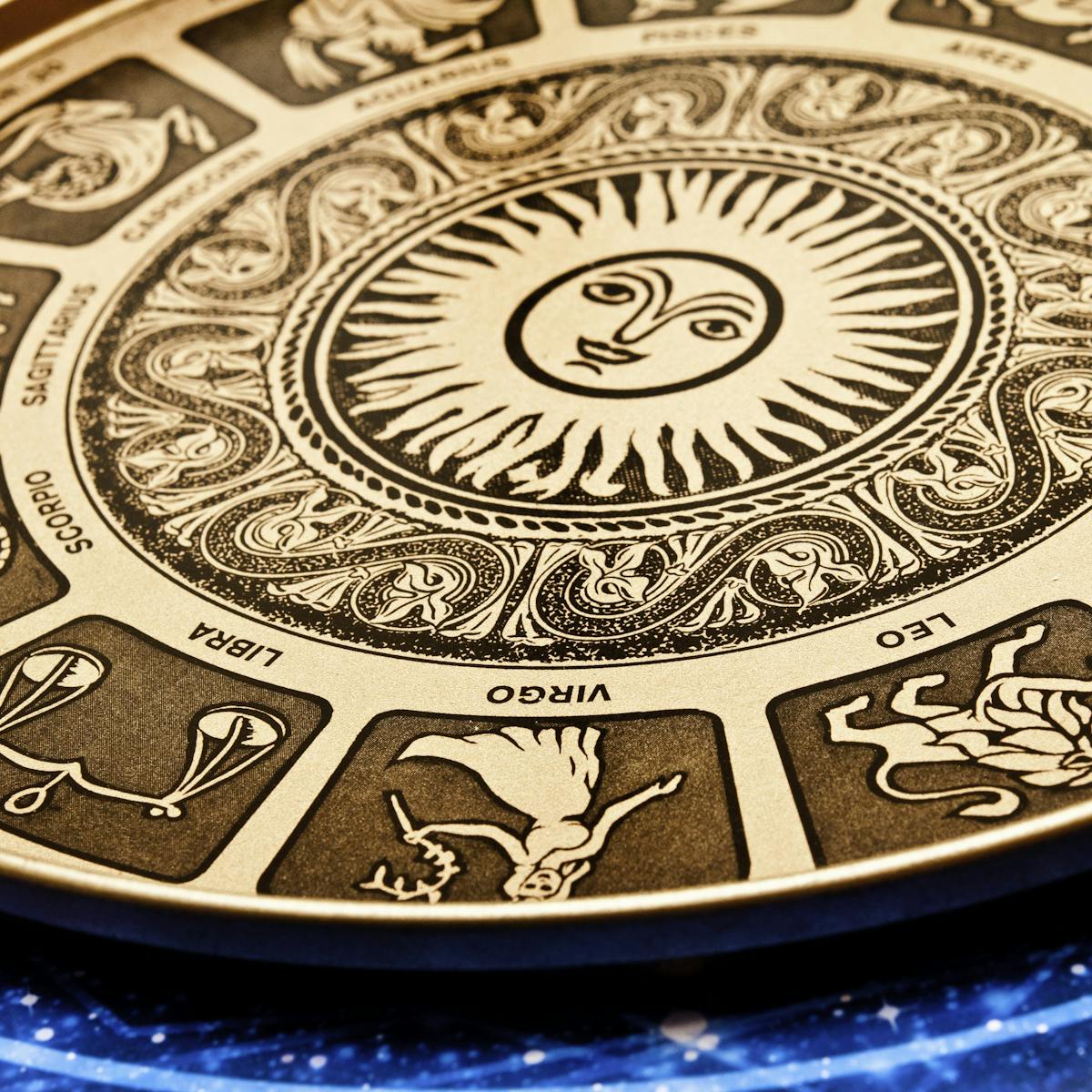

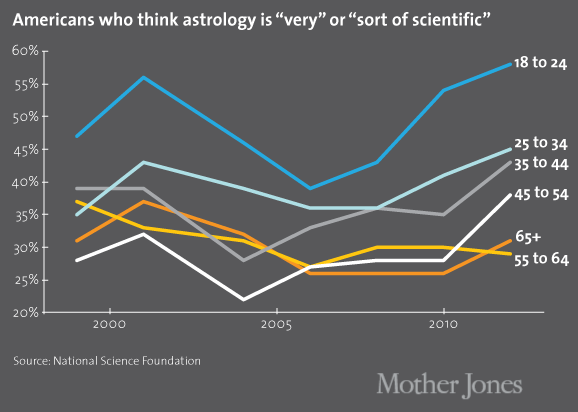

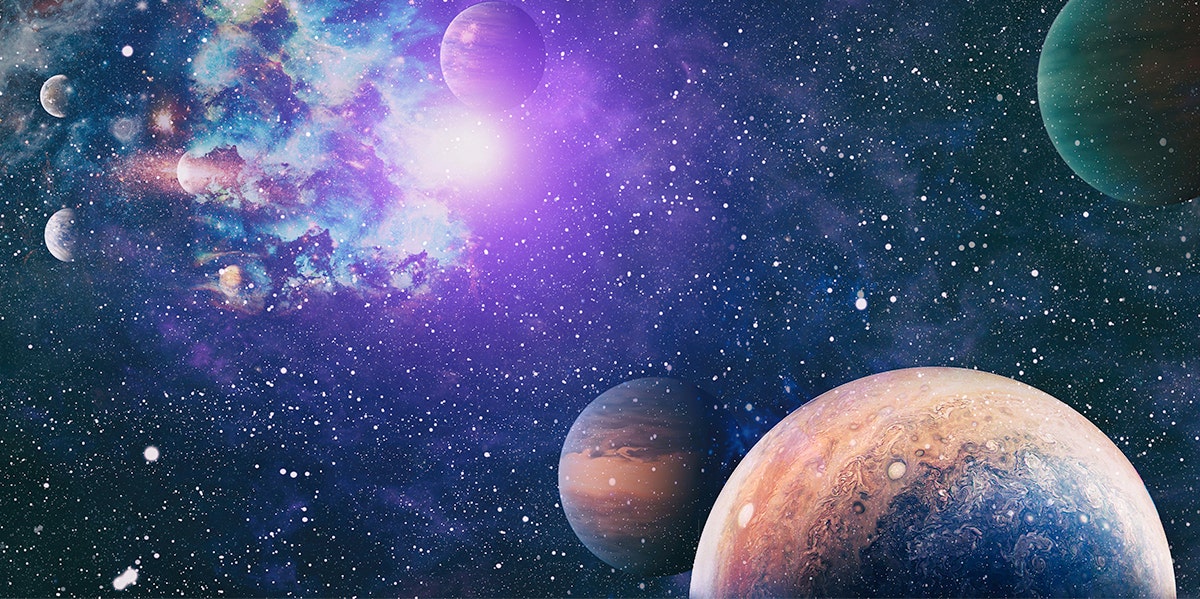







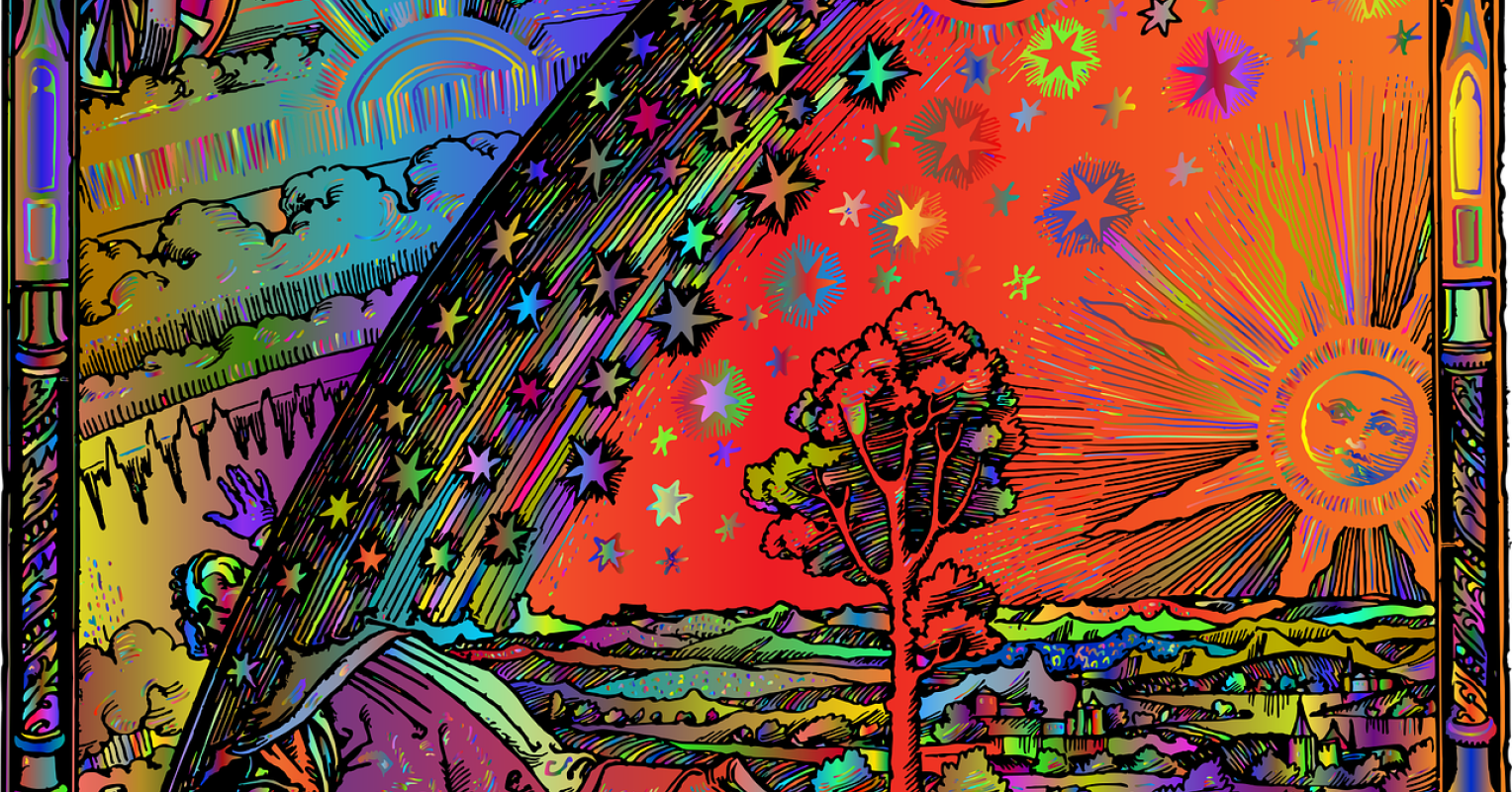
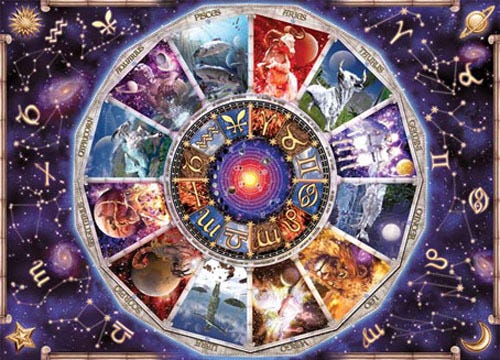

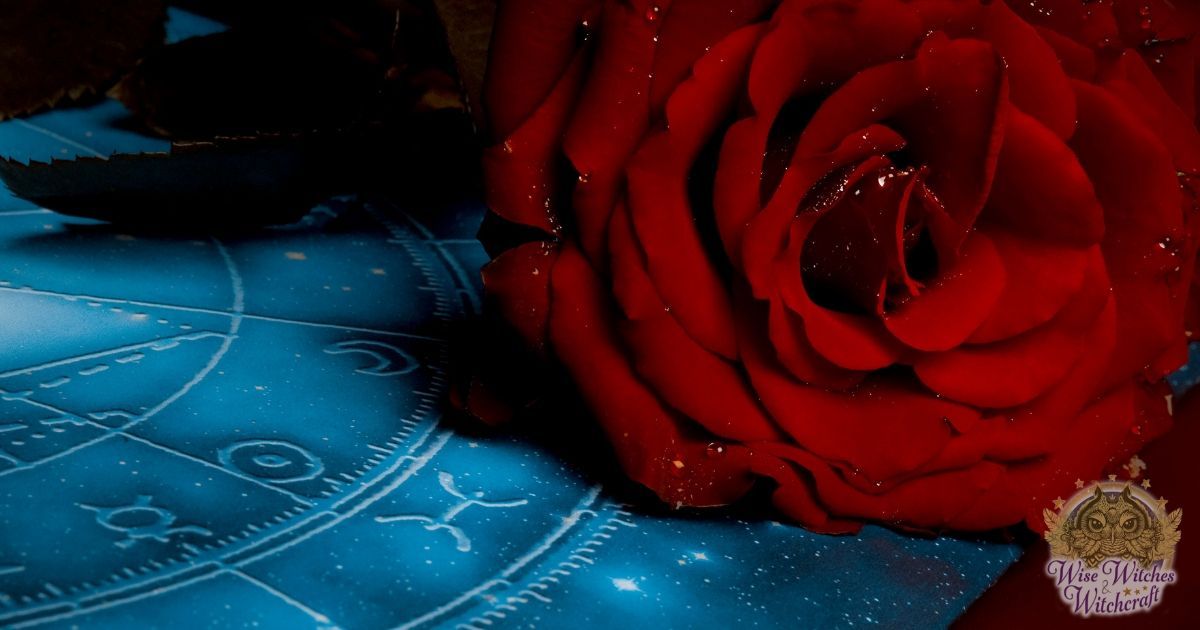

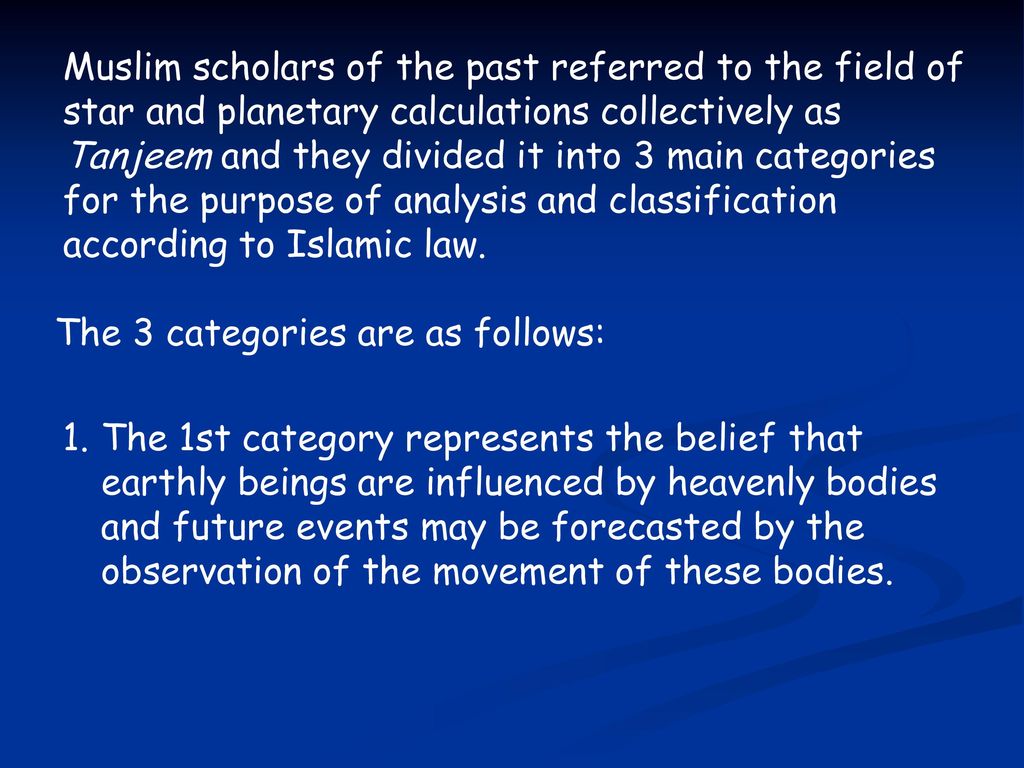
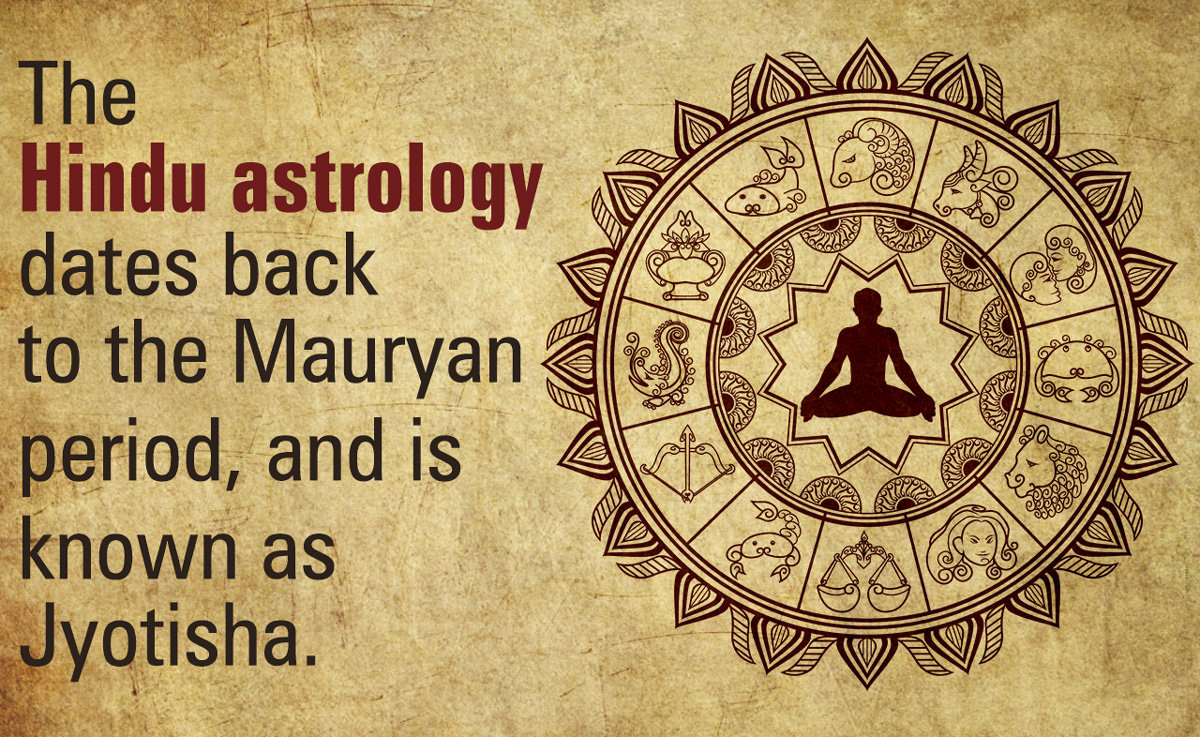
/the-psychology-behind-why-we-care-about-astrology-5217929_color_text_v1-147d35a8a270445291379210bb922378.png)
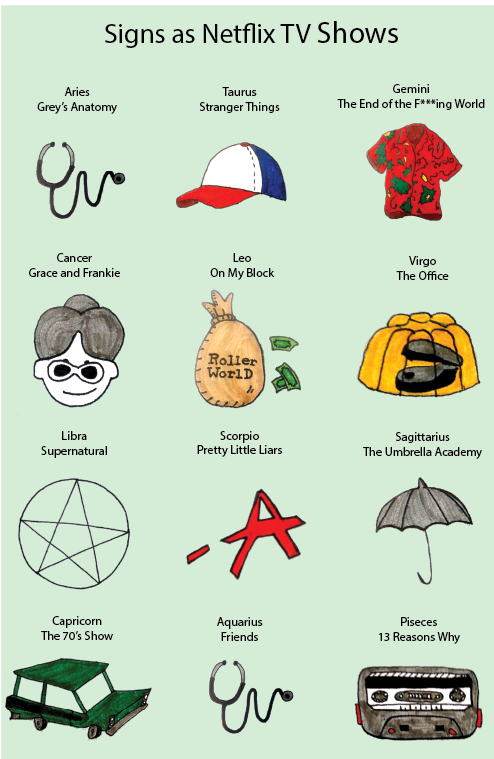
0 Response to "40 the belief in astrology"
Post a Comment